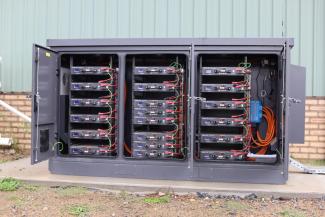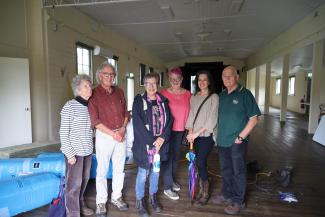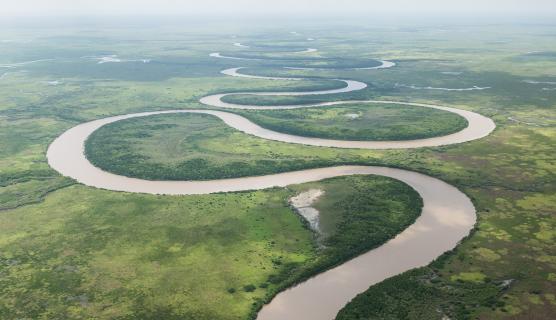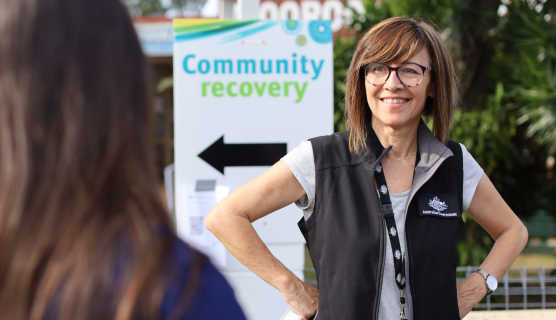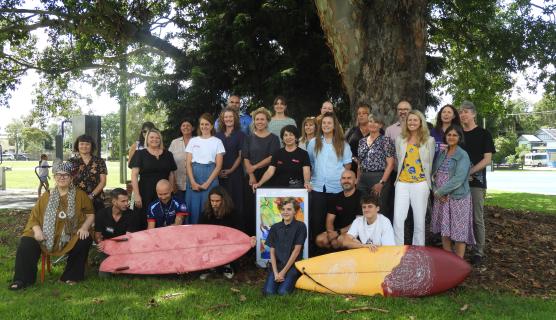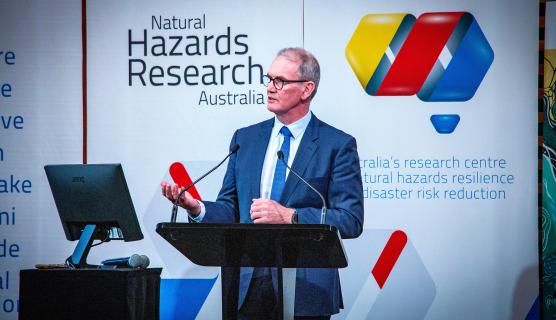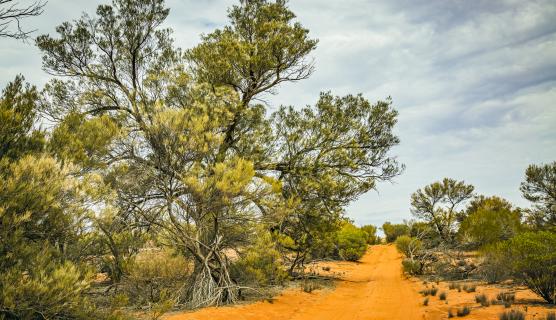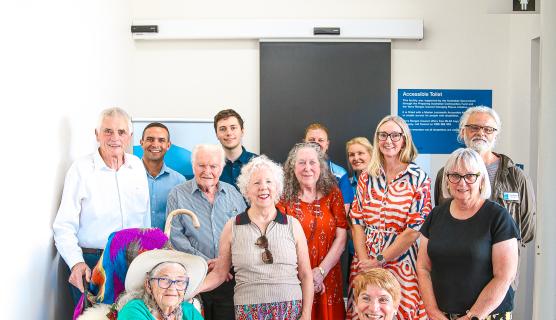Strengthening Cobargo infrastructure
Cobargo Village is now home to Four Energy Resilient Hubs (E-hubs). Each E-hub features back-up solar systems and batteries, giving the community energy security in the event of future blackouts and emergencies.
The hubs are at the Cobargo School of Arts Hall, Cobargo Co-op, the Cobargo Rural Fire Brigade fire shed and the Cobargo RSL Memorial Hall.
During the fires, the Co-op continued to operate for two weeks without power. Transactions were written with pen and paper using an IOU system. This allowed locals to buy feed, tools, and supplies without access to bank and credit cards. Now the Co-op now has ongoing access to power, providing stability and support to the community.
Dan Williamson, Manager of Cobargo Co-Op said, “This community is not the same since the fire, it’s better. In many respects, it’s brought some beautiful and wonderful things to this town. One of them is this kind of thing happening.”
